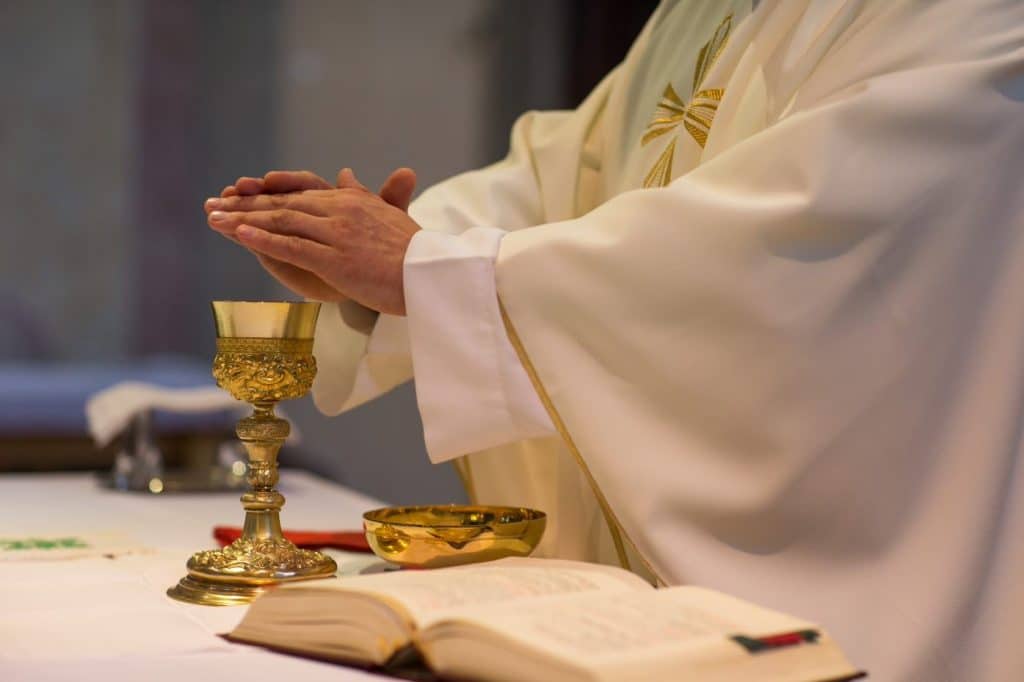
Archbishop Philip Freier
25 May 2023
It is very easy to see the demands on infrastructure investment as we drive around Melbourne or Geelong. New roads, schools and hospitals are obviously needed to meet the basic needs of a growing population. The costs of infrastructure are enormous, $1.5 billion for the New Footscray Hospital, over $12 billion for the Metro rail tunnel project, and the West Gate road tunnel predicted to cost $10 billion. Even the cost of changing policy is great, the cancelation of the East West Link project in June 2015 cost more than $400 million. And these are just the capital costs. Schools and hospitals need staffing and the provision of other services to maintain their operations.
It is not hard to see the pressure on state and federal sources of taxation income and the challenges in finding the balance between raising income and spending. There is a balance too that must be reached between these sorts of capital items, including defence spending for the Commonwealth, and the investments in services and people that are needed. This is a live question at the present time, whether the funds designated to build a new stadium in Hobart are better spent on investing in public housing as that state experiences great pressure in adequately housing its people.
Read more: God freed me, may it be so for you also
We often hear the word “crisis” applied to one side or other of the debate about where our public resources are best applied and in what priority. As far as I can tell these debates happen in similar ways, with perhaps different question, in most countries. Internationally this meets various responses, whether through higher taxes or greater expectation of non-government solutions or even tolerating widening inequality between rich and poor.
The Bible gives us the wonderful vision of Jubilee as an extrapolation of the principle of Sabbath. After the passing of “seven weeks of seven years”, the 50th year was a time of rest for the fields but more importantly for restoration of birthright for those who had experienced hard times, indebtedness, and thus loss of dignity and social standing. It was the ultimate disrupter to “inter-generational disadvantage”. Probably regarded as simplistic and unrealistically idealistic in today’s politics, it is a powerful divine vision for us to grapple with as we seek to name a Christian response within the many debates about contended, and even competing, priorities.
Read more: Anglican and Catholic dioceses mark 175 years with reflective evensong
As we approach the 80th anniversary of the death of William Temple in 2024 it would be fruitful to open again his Christianity and Social Order. This short book, written in 1941, integrated the ancient wisdom of God’s revelation with the emerging challenges that Temple could see arising after wartime. Temple was keen to establish the principles by which policy could be judged, rather than to advocate for distinctive policies themselves. I look forward to Temple’s thoughts being freshly explored as we approach this anniversary. His work is important in integrating the biblical witness with the questions of equity and justice that arise in the context of pressure on our social security system, Medicare and NDIS. May the vision of Jubilee inform our prayers for our world and its people.
Grace and peace in Christ Jesus,
For more faith news, follow The Melbourne Anglican on Facebook, Twitter, or subscribe to our weekly emails.






